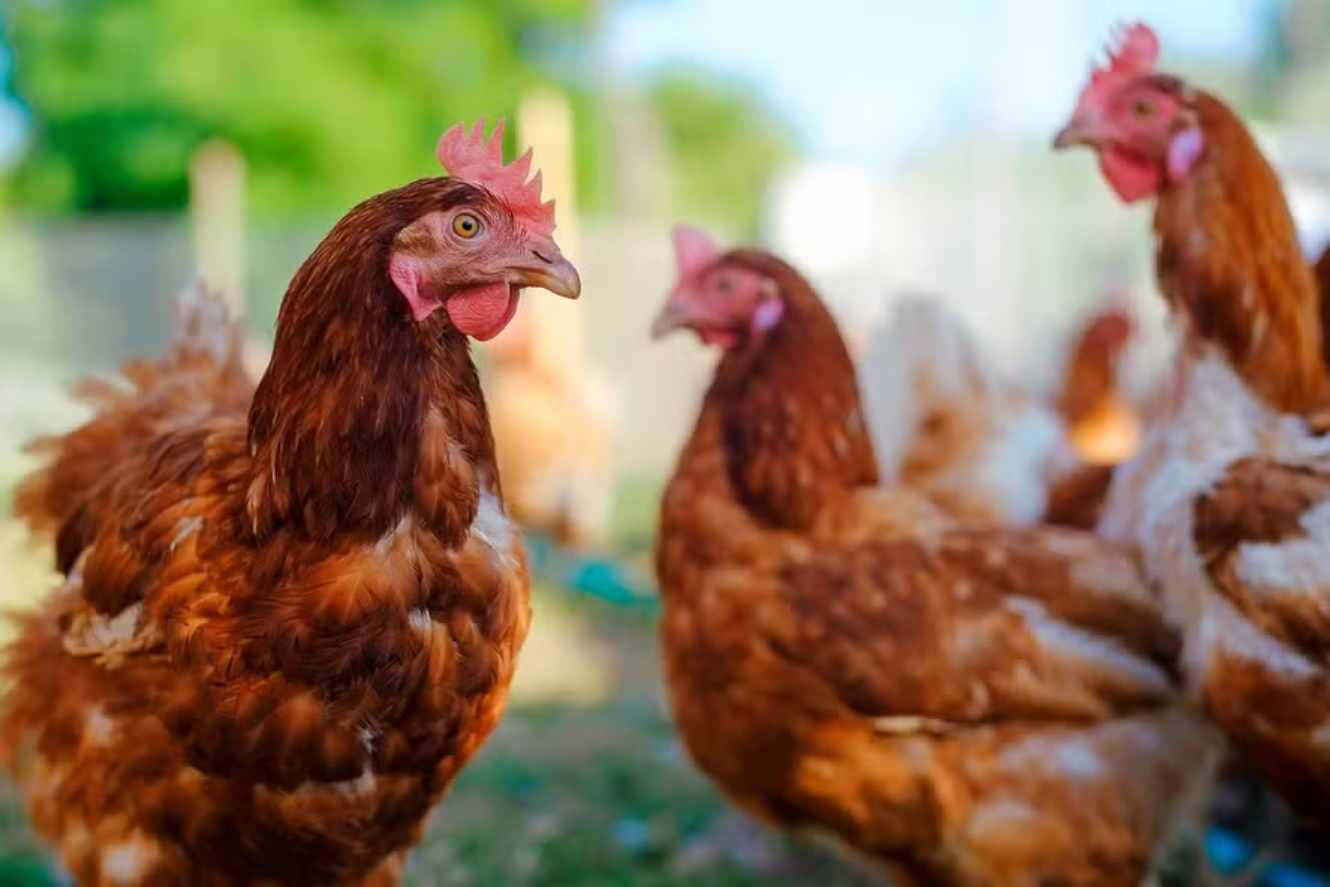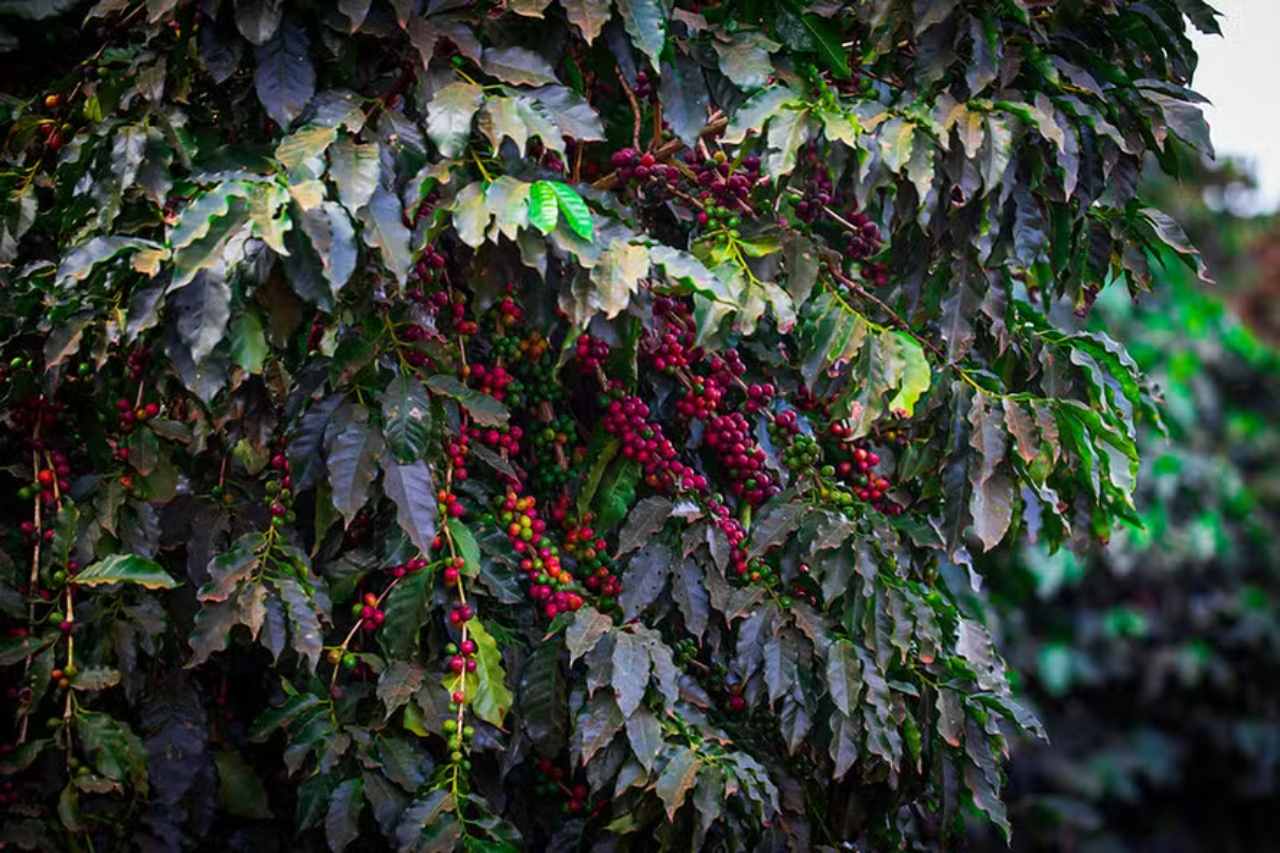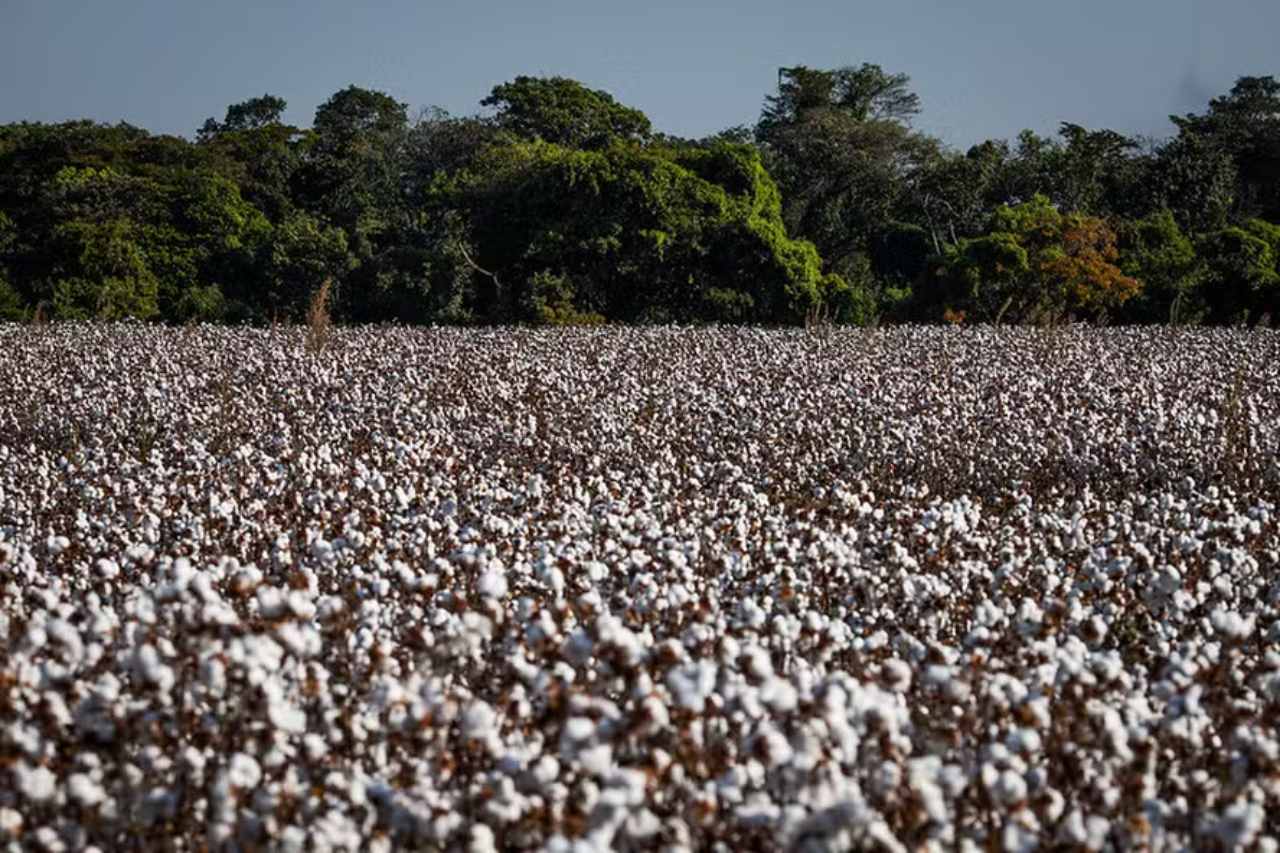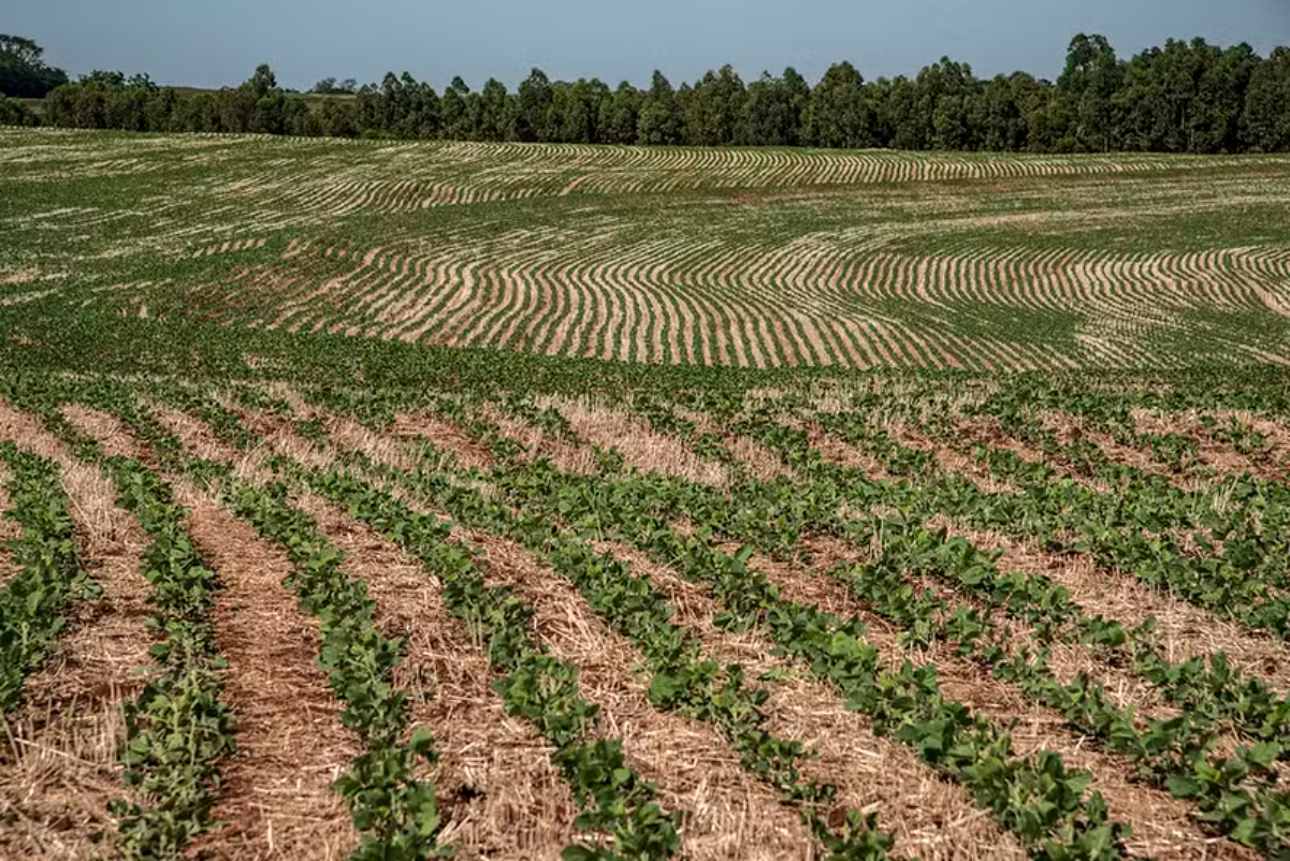Report Featured in the 4th Monitor of Corporate Initiatives for Animals by Mercy For Animals NGO
Only five companies in the food and retail sectors among a group of 58 prominent businesses operating in Latin America have reached a 100% cage-free supply chain for egg-laying hens. These companies—Barilla, BRF, Costco, Danone (continuing previous commitments), and JBS, which made recent progress—stand out in the new study.
The survey appears in the 4th Monitor of Corporate Initiatives for Animals (MICA), conducted by Mercy For Animals (MFA), a nonprofit advocating for animal rights.
Around the world, confining hens in cages is increasingly being banned. To date, over 2,500 food industry companies have committed to abandoning these practices. In Brazil, close to 200 companies have committed to banning caged hen confinement in their supply chains, following the global trend. The survey covered 58 companies.
The five companies that fully met their commitment are in MICA’s “Gold” category. This year’s survey found no companies in the “Silver” category (91%–99% cage-free eggs) or the “Bronze” category (36%–65% cage-free eggs).
Animal Welfare
“MICA’s focus has been on egg production because these animals [laying hens] suffer intensely due to the high-density confinement in cages, poor hygiene that can weaken immune systems, and restrictions on their natural behaviors,” says Vanessa Garbini, Vice President of Institutional and Governmental Relations at MFA.
According to MFA, companies that commit to eliminating caged confinement for hens in their supply chains can advance production ethically and sustainably. They’re also more equipped to meet regulatory standards and avoid penalties, while companies without set goals risk damaging their reputations and losing consumer trust.
Among Brazilian companies that reached the “Gold” standard, BRF achieved the goal of sourcing 100% cage-free eggs for industrial food production in Brazil by 2020, a target set in 2017.
According to BRF, sourcing cage-free eggs is “essential to sustaining high-quality food production with ethics and sustainability, bolstering consumer trust in the Sadia and Perdigão brands.”
The company also pledged that all chickens in their global integration system would be cage-free. As of Q1 2023, they reached 100% cage-free chickens in Brazil and Turkey.
Similarly, JBS, another Brazilian company, committed to using only cage-free eggs in 2017, achieving this in 2020. JBS then set a new goal to apply the policy to newly acquired operations by 2025.
The IBGE estimates over 175 million laying hens in Brazil. In 2023, Latin America and the Caribbean accounted for 12.29% of the world’s commercial laying hens, with over 541 million animals.
However, only 10.4% of these hens were raised in cage-free systems, indicating a substantial opportunity for animal welfare improvements in the region, Garbini points out.
Europe and the United States report significantly higher cage-free rates of 43.4% and 38.8%, respectively.
“As other regions accelerate their transitions to cage-free environments, Latin American companies risk lagging in the global shift toward more humane and responsible farming practices,” warns Janaína Revito, Corporate Relations Specialist at MFA.
She notes that the slow progress in Latin America may be due either to prioritizing more demanding markets or to combining data into global reports despite regional advancements.
Progress
Beyond the gold, silver, and bronze ratings for companies closest to fulfilling their commitments, MICA also tracks smaller progressions among food and retail companies aiming for 100% cage-free egg sourcing.
There are four categories: “Green” (36%–65% cage-free eggs), “Yellow” (11%–35%), “Orange” (up to 10%), and “Red” (no progress reported).
The “Green” category includes Accor, Arcos Dourados, Grupo Hoteleiro Barceló, Crepes e Waffles, GPA, Grupo Colombina, Marriott, and Pif Paf. In the “Yellow” category are Kraft-Heinz, RIU Hotels, Sodexo, and Unilever; in “Orange,” companies such as Alsea, Aramark, Cargill, Carrefour, Ferrero, Grupo Bimbo, Hilton, InterContinental Hotels & Resorts, Kellogg’s, Mondelez, Nestlé, PepsiCo, Puratos, RBI, and Royal Caribbean. “Red” includes Best Western, BFFC, and Dia.
Cargill, the only agribusiness firm in this group, states it is “making progress on internal adjustments to meet animal welfare commitments with egg sourcing capability assessments and supplier mapping.”
Commitment
According to MFA, reporting progress is as crucial as making a commitment. “The monitor encourages companies to publicly report their progress, allowing them to keep advancing while informing consumers of their dedication to animal welfare and sustainability,” Revito says.
For this reason, the NGO launched a campaign, “Commitment is Serious Business,” in May 2024 to encourage companies to communicate their progress on these goals.





